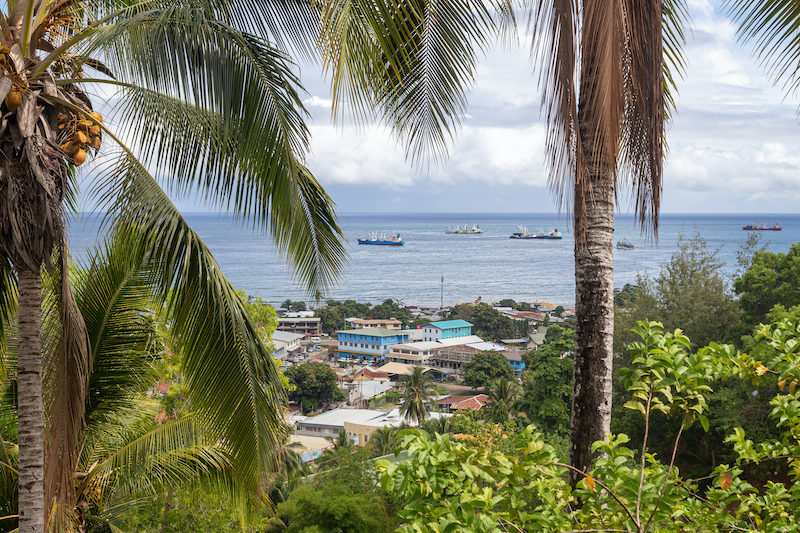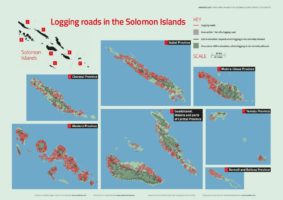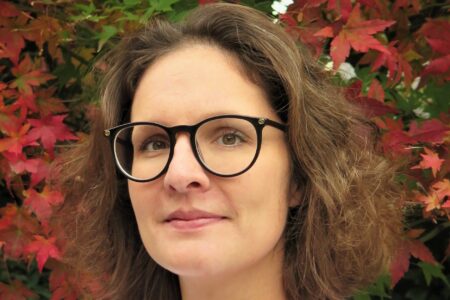Earthworm sustainability venture seeks key improvements for Solomon Islands palm oil

View of ships in Iron Bottom Sound, over Chinatown and Kukum Highway in Honiara, Solomon Islands, from West Kola'a Ridge.
Non-profit environmental organisation Earthworm, Swiss oils group Florin AG and supplier Guadalcanal Plains Palm Oil, have undertaken a venture supporting over 230 smallholders in the Solomon Islands with key agricultural training, reports Neill Barston.
As the collaboration notes, the island chain North West of Australia is a high-forest-cover region, where there has been extensive deforestation in recent years, supported by a 2018 report by Global Witness concluded that commercial logging was contributing to forest clearance at nearly 20 times the sustainable rate.
The Earthworm initiative training to improve agricultural practices and resilience across 710 hectares of oil palm plantations – with many such operations serving the confectionery and snacks sectors, having worked with major confectionery groups including Ferrero on sourcing the key product ingredient.
According to the organisation, the palm oil produced by these farmers in the Solomon Islands is refined, before being used in products likes margarines and fats. To strengthen their business relationship, Florin and GPPOL will work with smallholders, examining their supply through restoration of riparian zones, along with implementing GPPOL’s One Hour Partnership Principle. This focusses on access to clean water, medical care and schooling within a one-hour walk of communities that supply GPPOL.

Earthworm added that Florin and GPPOL have responsible sourcing policies, in line with corporate NDPE (No Deforestation, Peat and Exploitation) and RSPO (Roundtable on Sustainable Palm Oil) requirements. This training aims to incorporate riparian – land adjacent to rivers – and forest restoration in plantation practices.
Farmers here live in remote areas with few development opportunities other than subsistence agriculture. Much of the community lands are considered High Carbon Stock (HCS) forest, meaning that farmers cannot expand their plantations without violating their buyer’s responsible sourcing commitments. The challenge now is to improve farmer’s yields and livelihoods, while protecting and restoring valuable forests.
Earthworm began supporting Florin AG – Switzerland’s biggest producer of cooking oils, edible fats and margarines – in 2012, working on transparency in their palm oil and coconut supply chains. Building transparency helped gain a clearer picture of supplier practices and how they can be improved.
Building on this transparency work, a farmer handbook was developed, focussing on palm oil production, individual grower needs and community participation. This was meant to complement work GPPOL is doing with farmers on harvesting and upkeep, from pruning to slashing and circle weeding. Now, as some COVID restrictions are being lifted, this training is carried out by GPPOL on a weekly basis, rotating between the different communities GPPOL buys palm fruit from.
Clarence Loe, GPPOL Smallholder Manager, is already seeing some improvements. “I have seen with my own eyes how this training is improving practices – better plantation upkeep, leading to better crop yield – which are exceeding our expectations,” he said. “The budgeting training has been well received by growers, who are more aware where their money is spent and how to save and invest income from palm in their families and plantations.”



